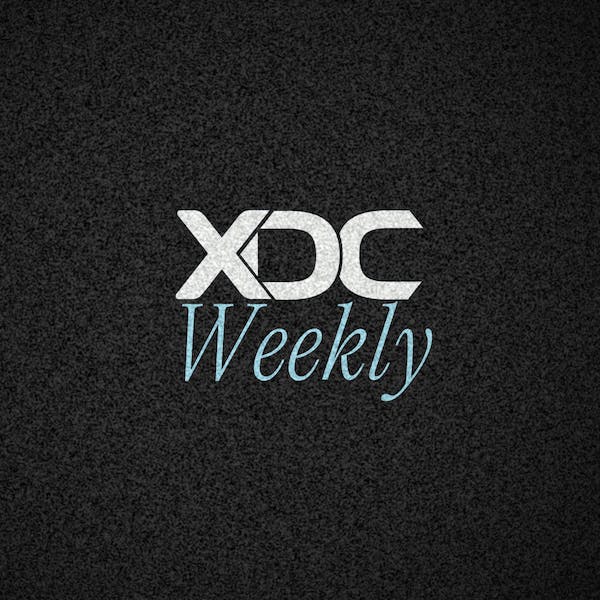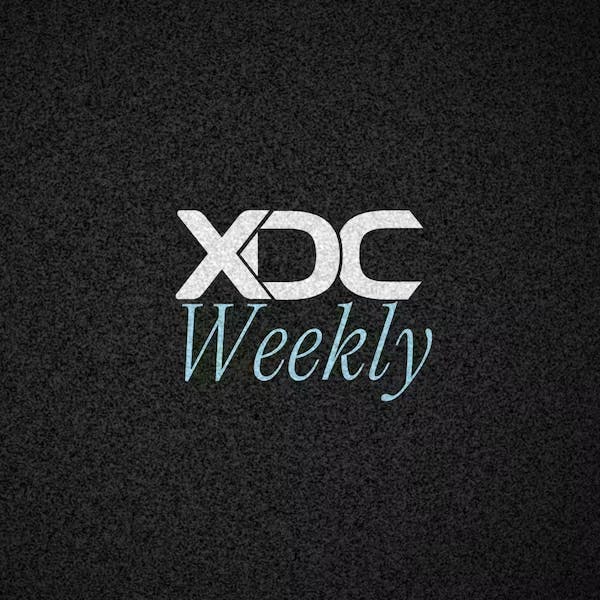As humans, we tend to prefer normalcy and the comfort it brings us. We often reject change and the unknown that comes with it. But as with all things, humans will slowly adjust to these changes and adopt them as their own. This is no different when it comes to our financial ecosystem. Terms such as Web3 and blockchain float through our lives more frequently now than ever before, but many still fear what it will mean for the future of the financial world as we know it.
Any feelings of uncertainty or doubt in the blockchain space were exacerbated in November through the collapse of cryptocurrency exchange, FTX. The losses associated with that event created the perception of an industry setback. In reality, it positions the industry for a much-needed correction; one where decentralization is reemphasized as a core tenet of blockchain technology and reputable players move forward with transparency, due diligence and better practices.
While the benefits of the wild west of the digital world can be overwhelming and difficult to understand, with a closer look you will find that most digital inventions were created to make our lives more efficient.
Web3 is a term that encompasses the ideas and vision of an upgraded version of the internet. The current Web 2.0 lacks many of the protections and securities that can be found with Web3. Unlike Web 2.0, Web3 is decentralized which means it is not controlled by a select set of corporations, but rather its ownership is distributed among its users. Everyone has equal access to the internet, and crypto is the only form of currency used for all transactions.
The history of the internet is not expansive, but there are some notable changes that have been made over time. Web 1.0 was the beginning of the internet when the first protocols were established, including HTTP, TCP, and UDP. Web 2.0 brought with it new protocols like wifi, RSTP, and other cloud computing collections.
While Web3 has the possibility to pave the way for the future in a multitude of directions, there are a few notable paths that are starting to take off. These include cryptocurrencies that facilitate decentralized finance (DeFi), non-fungible tokens (NFTs) that can take account of items and ownership on the blockchain, and Decentralized Autonomous Organizations (DAOs) with no central control on the servers they are hosted on.
* DeFi allows for individuals to participate in peer-to-peer digital exchanges while eliminating bank fees and other charges. In the future, DeFi could compete with, and in some cases replace, stocks, bonds, derivatives, and currency markets while facilitating the trade of anything of value globally to anyone with an internet connection.
* NFTs are different from normal cryptocurrencies as their value is only worth what others are willing to pay for it. Due to the NFT representing an item someone is paying for, this could be the accounting of an item like a fruit at a store check out or the title/deed to a multi property estate.
* DAOs allow communities to operate with complete transparency. With common goals in mind, independent community members can work together to propose and vote on decisions about what is best for the growth and development of a network or community project. And because the DAO exists on a blockchain, human error is eliminated, votes can never be manipulated, and members have a full accounting of every vote, forever.
Blockchain is at the heart of Web3 and is, therefore, one of the most important operating systems, not only for finance, but for the future of technology as a whole. Despite this, there are many misconceptions about what blockchain is and what it is not. First, it is important to establish that blockchain is not Bitcoin, and Bitcoin is not blockchain. Blockchain is the technology that allows for a network of unrelated servers called nodes to gain consensus for publishing executions for the broader network to read and interact with; Bitcoin is just the first network to do this constructively. There is also a general misconception that blockchain lacks security and is not usable by businesses.
In the last few years alone, blockchain technology has continuously evolved alongside a rise in usage, interest from businesses, and decentralized adoption.
Not every blockchain is public. There are private and hybrid blockchains which offer different protocols and privacy. In most instances, blockchain is not as costly as many believe it to be and compared to some of its alternatives, it is more energy efficient. With efficient blockchain protocols like Proof-of-Stake, blockchains reduce the need for multiple parties to have redundant databases that are predicated on sharing data — databases that cannot afford to have redundancies or that need to be verifiable with high confidence like exchange and verification of currency and documents.
As blockchain technology and awareness grow, it is important for businesses to understand how it can launch them into a new financial and technological age. With advantages like increased visibility, trackable transactions, and the ability to store and monitor a company’s information, it offers very convincing reasons to invest in blockchain. Companies like Amazon, General Electric, Honeywell, and Meta have all made this move into blockchain while countless more companies have also already invested in it.
In 2022, worldwide blockchain solution spending is predicted to reach $11.7 billion. Along with the uptick in crypto investments and the 30% reduction in banks’ infrastructure costs that blockchain can provide, this substantial growth makes the technology a convincing move for businesses’ futures. With the reduced costs, streamlined processes, assurance of data integrity, and programmable capabilities, businesses that choose to go down the road of blockchain will outperform those that do not.
Blockchain-based businesses will operate with reduced costs and be poised for new technology that will let them boost all business opportunities. Profits and productivity differences between those who move and those who do not will swiftly become evident. Companies that withhold themselves from using or investing in blockchain technology may be left behind as the digital and financial world moves forward.
Although it is relatively new and can seem like a large step away from what we are used to, innovations like Web3 and blockchain are good for the future of our financial ecosystem and the digital world. Dispelling the misconceptions and bringing light to the facts of blockchain are important to its growth and general use. While the way our current financial system works is relatively comfortable, there is a more efficient way that is waiting to be more widely embraced. For businesses, the future is here, and nimble thinking is needed to take advantage of the opportunity.
This article was originally published by TabbFORUM.



